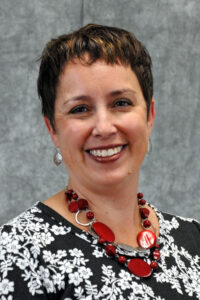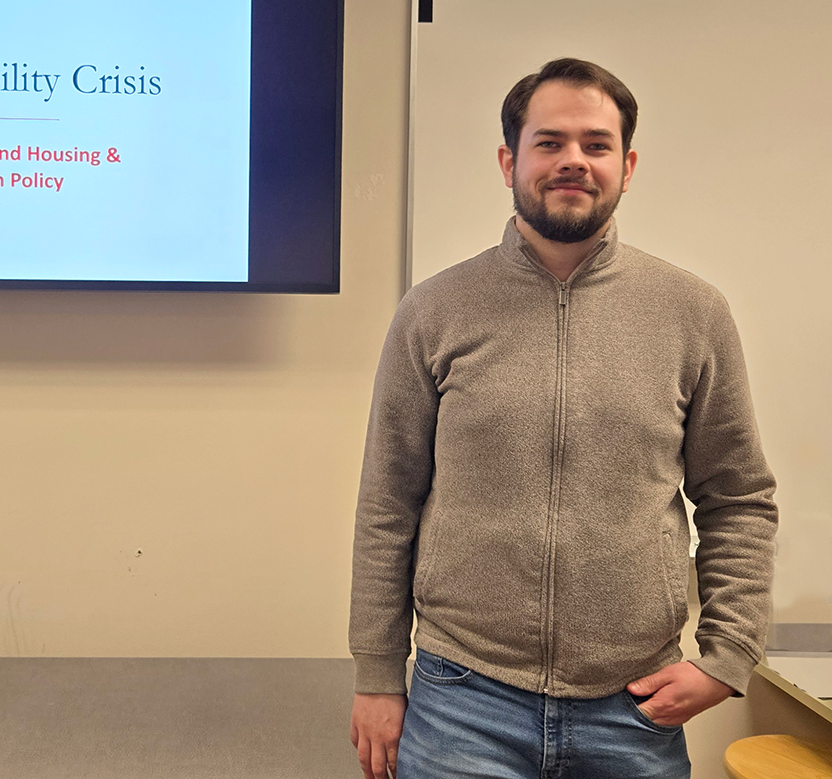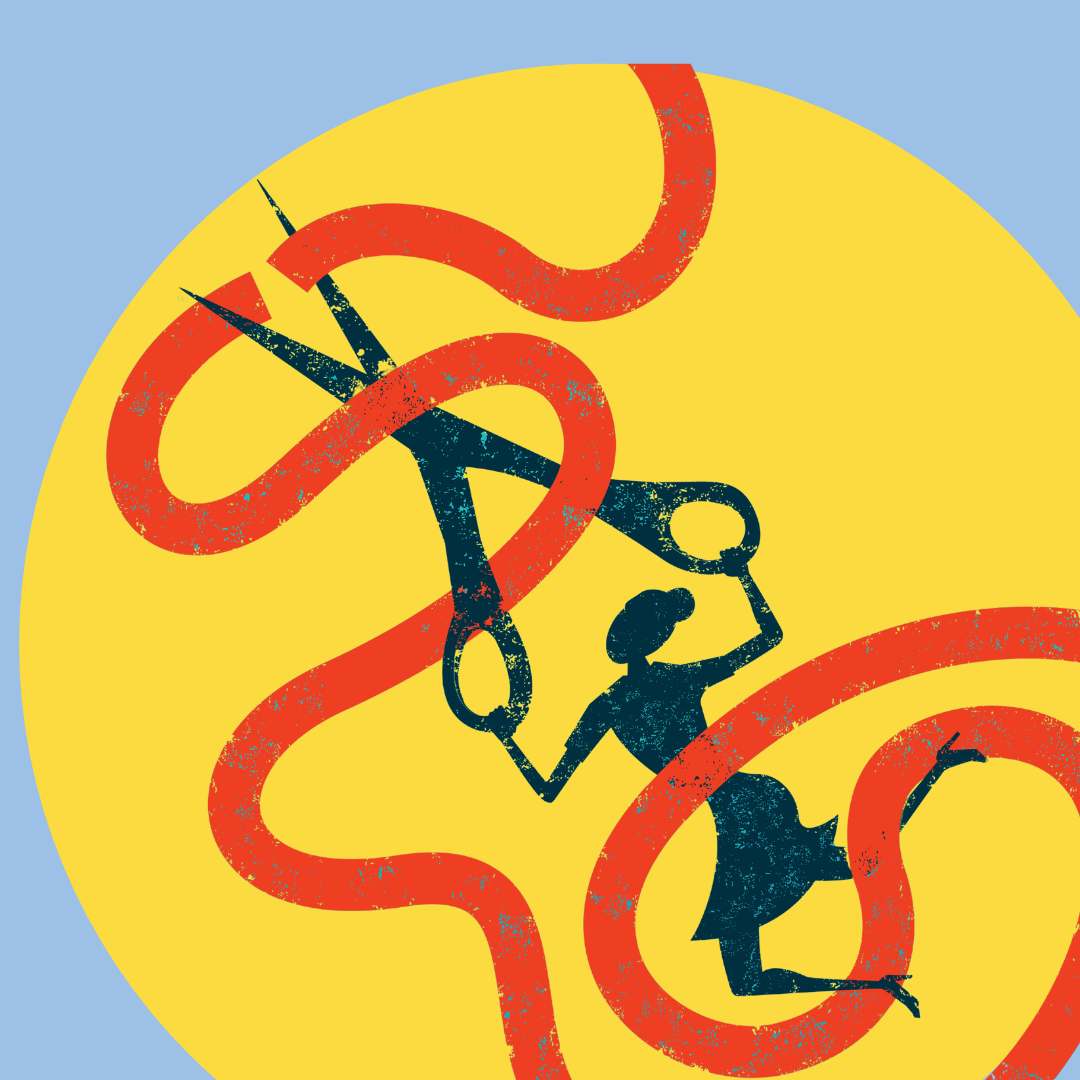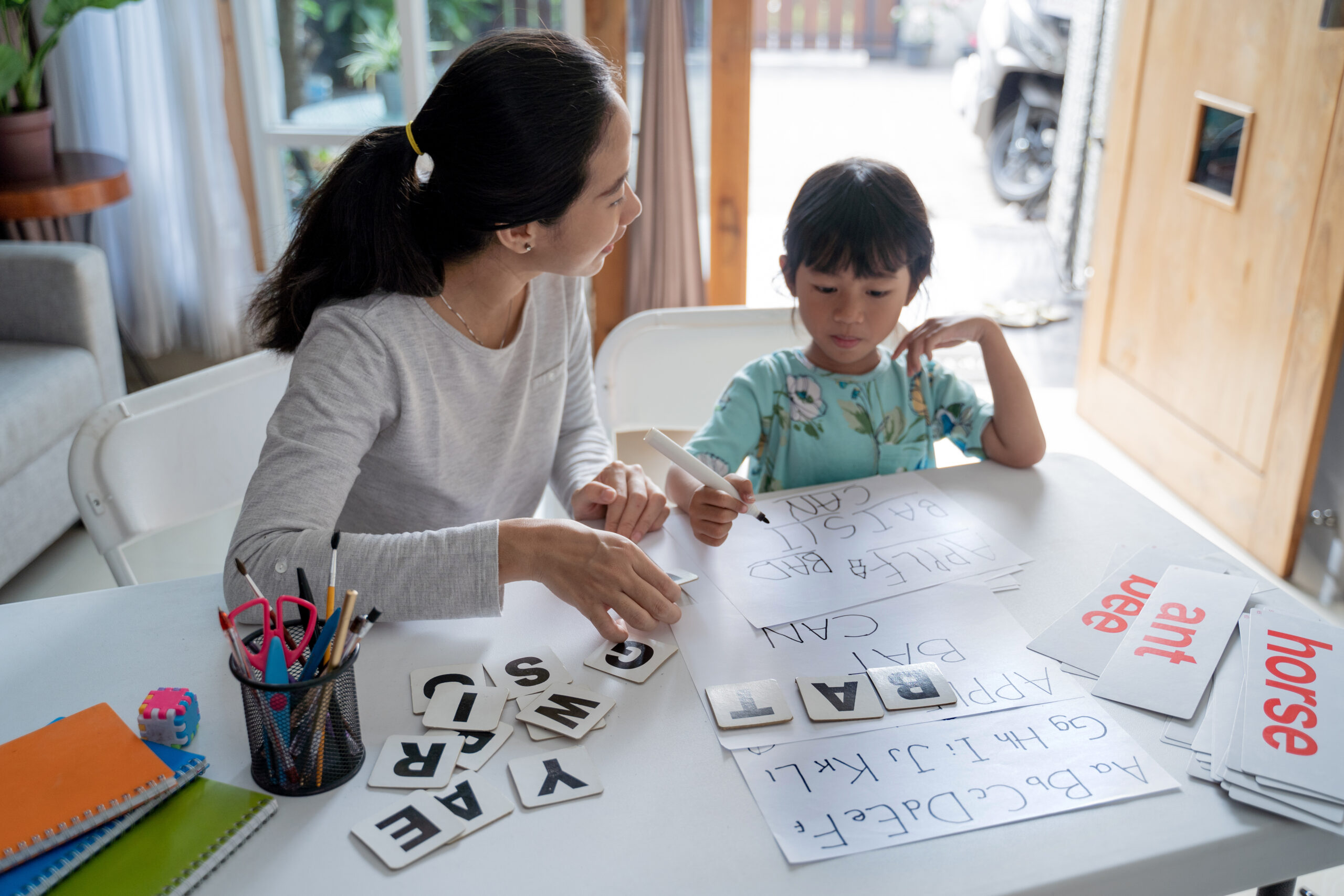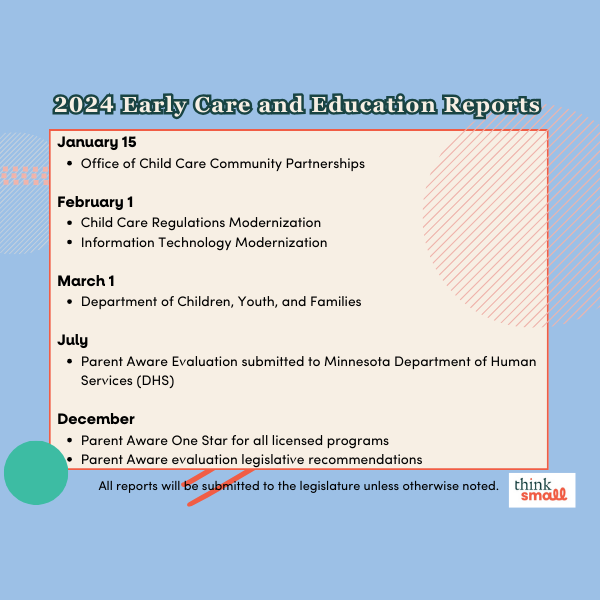“The survey results show that Parent Aware-rated programs across all parts of Minnesota were twice as likely to have stayed in business than non-rated programs.”
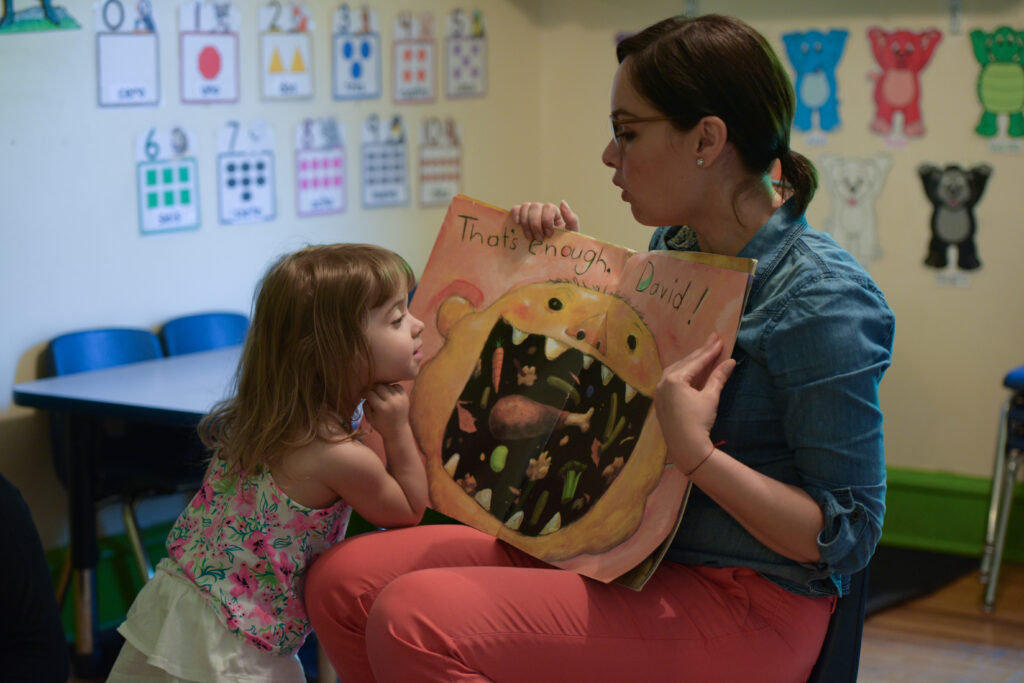
Brenda Arzac reads to children attending Brenda’s Child Care, a 4-star Parent Aware rated family child care program in Minneapolis.
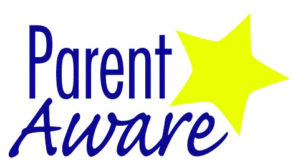 evaluation found that Minnesota children in these star-rated programs are making notable gains in math, language and literacy, social competence, persistence, and executive function skills that enable a person to plan, pay attention and remember.A recent survey of licensed family child care providers who closed their doors indicates that earning a star-rating also appears to at least be a contributing element to keeping licensed family child care providers in business.
evaluation found that Minnesota children in these star-rated programs are making notable gains in math, language and literacy, social competence, persistence, and executive function skills that enable a person to plan, pay attention and remember.A recent survey of licensed family child care providers who closed their doors indicates that earning a star-rating also appears to at least be a contributing element to keeping licensed family child care providers in business.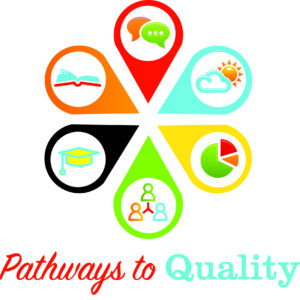 As part of its Pathway to Quality work, Think Small, and fellow non-profit, Generation Next, completed a survey of more than 1,700 family child care providers who closed their businesses between January of 2015 and January 2017.The survey results showed that non-Parent Aware participating providers in Minneapolis and St. Paul had a closure rate of almost three times the closure rate of Parent Aware participating providers. In addition, Parent Aware-rated programs across all parts of Minnesota were twice as likely to have stayed in business than non-rated programs. Note: Parent Aware started in Minneapolis and St. Paul in 2012, but wasn’t rolled out statewide until 2015.
As part of its Pathway to Quality work, Think Small, and fellow non-profit, Generation Next, completed a survey of more than 1,700 family child care providers who closed their businesses between January of 2015 and January 2017.The survey results showed that non-Parent Aware participating providers in Minneapolis and St. Paul had a closure rate of almost three times the closure rate of Parent Aware participating providers. In addition, Parent Aware-rated programs across all parts of Minnesota were twice as likely to have stayed in business than non-rated programs. Note: Parent Aware started in Minneapolis and St. Paul in 2012, but wasn’t rolled out statewide until 2015.
“This is a significant finding,” said Barb Yates, President and CEO of Think Small. “Not only does Parent Aware equal quality, but it looks to be a protective factor, if you will, to staying in business.”
Parent Aware is voluntary for child care providers, but early educators who choose to participate are rewarded with quality improvement coaching, as well as being able to receive Early Learning Scholarships, higher Child Care Assistance Program (CCAP) rates, and marketing support.Keeping child care providers in business is especially critical now when we are seeing child care deserts in both urban and rural communities. According to a Center for American Progress study, 26 percent of people in Minnesota live in a child care desert.
“If we’re talking about easing the child care shortage and financially stabilizing programs,” said Cisa Keller, Senior Vice President of Quality Early Childhood Development at Think Small. “One of the key ways to do this will be to continue promoting quality. We need to leverage our efforts to get more providers enrolled in Parent Aware.”A 2011 survey found that 92% of child care providers who volunteered to be rated said that Parent Aware helped them improve their program quality. And we know that high quality early learning benefits the state in many ways. Parent Aware rated programs allow parents to work, supports child care providers as business owners, and helps prepare kids for school and life.It’s a win-win,” said Yates. “Parent Aware is working and we must continue to strengthen the program.”

